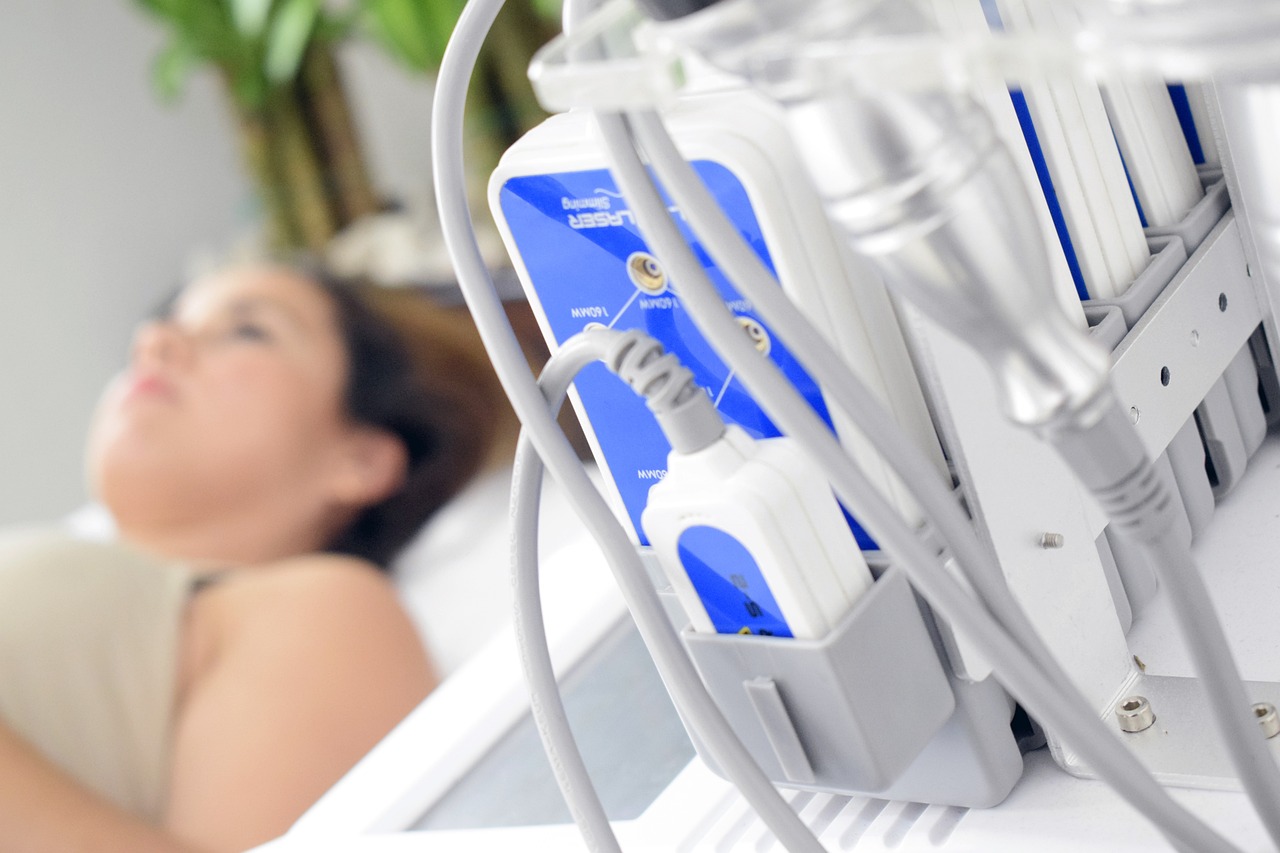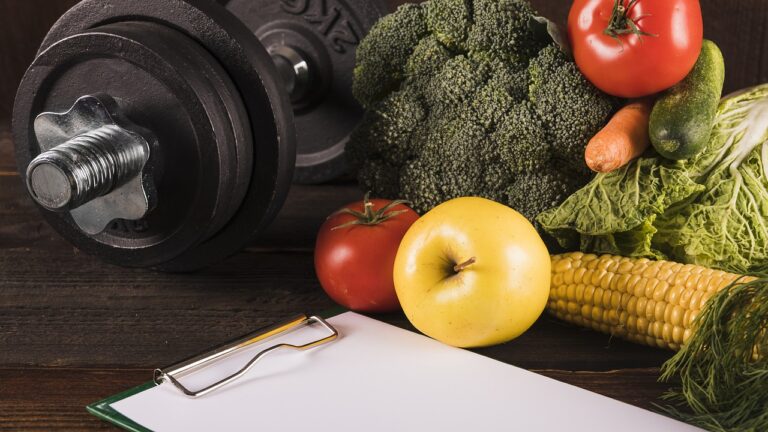Strategies for Preventing and Managing Hypertension Naturally
Hypertension, commonly known as high blood pressure, often presents with no visible symptoms in its early stages. This silent nature makes it crucial for individuals to get regular blood pressure readings to monitor their levels. As the condition progresses, some people may experience symptoms such as headaches, dizziness, shortness of breath, and nosebleeds. However, it’s essential to note that these signs can also be indicative of other health issues. Therefore, consulting a healthcare professional for an accurate diagnosis is imperative.
• Headaches
• Dizziness
• Shortness of breath
• Nosebleeds
It is important to be aware of the signs and symptoms of hypertension as it can lead to serious health complications if left untreated. In some cases, high blood pressure can cause damage to organs such as the heart, kidneys, and brain. This damage can result in conditions like heart disease, stroke, and kidney failure. By monitoring blood pressure levels regularly and seeking medical advice when experiencing symptoms, individuals can take steps to manage their condition effectively.
In addition to physical symptoms, hypertension can also have an impact on a person’s mental well-being. Some individuals may experience feelings of anxiety or stress due to their high blood pressure diagnosis. It is essential for those with hypertension to seek support from healthcare professionals or counselors if they are struggling emotionally. Managing stress levels through relaxation techniques or therapy can help improve overall health outcomes for individuals with hypertension.
Overall, being proactive about monitoring blood pressure levels and recognizing the signs and symptoms of hypertension is crucial for maintaining good health. By working closely with healthcare providers and making lifestyle changes such as eating a balanced diet, exercising regularly, and managing stress effectively, individuals with high blood pressure can reduce their risk of developing serious complications associated with this condition.
Understanding the Risk Factors for Hypertension
Hypertension, also known as high blood pressure, affects millions of people worldwide and can lead to serious health complications if left uncontrolled. There are various risk factors that can contribute to the development of hypertension. One key factor is age, as blood pressure tends to increase as we grow older. Additionally, family history plays a significant role, with individuals having a family history of hypertension being at a higher risk of developing the condition themselves.
Another major risk factor for hypertension is lifestyle choices. Poor diet, high in salt and saturated fats, along with lack of physical activity can significantly increase the likelihood of developing high blood pressure. Excessive alcohol consumption and smoking are also known to elevate blood pressure levels. Stress is another important risk factor, as chronic stress can lead to a cascade of hormonal changes that impact blood pressure regulation. It is crucial to be aware of these risk factors and make necessary lifestyle changes to prevent and manage hypertension effectively.
The Role of Diet in Preventing and Managing Hypertension
One key aspect in preventing and managing hypertension is to adopt a balanced and nutritious diet. Consuming a diet that is rich in fruits, vegetables, whole grains, lean proteins, and healthy fats can help in maintaining a healthy blood pressure level. These food choices provide essential nutrients and antioxidants that support cardiovascular health and can aid in reducing hypertension.
Furthermore, it is important to limit the intake of foods high in sodium, saturated fats, and added sugars. Excessive consumption of these can contribute to high blood pressure and increase the risk of developing hypertension. By being mindful of the foods we eat and making healthier choices, we can play a proactive role in managing hypertension and promoting overall well-being.
What are some signs and symptoms of hypertension?
Signs and symptoms of hypertension may include headache, dizziness, blurred vision, chest pain, and shortness of breath. However, hypertension is often referred to as a “silent killer” because it may not present any noticeable symptoms.
What are the risk factors for hypertension?
Risk factors for hypertension include a family history of hypertension, poor diet high in sodium and low in potassium, lack of physical activity, obesity, excessive alcohol consumption, and high stress levels.
How can diet help in preventing and managing hypertension?
A healthy diet low in sodium, saturated fats, and added sugars, and high in fruits, vegetables, whole grains, and lean proteins can help prevent and manage hypertension. Additionally, incorporating foods rich in potassium, magnesium, and calcium can also be beneficial for blood pressure control.
What are some specific dietary recommendations for managing hypertension?
Some specific dietary recommendations for managing hypertension include reducing sodium intake, limiting processed and packaged foods, increasing potassium-rich foods such as bananas and sweet potatoes, consuming lean proteins like fish and poultry, and incorporating heart-healthy fats from sources like avocado and nuts.
Are there any specific foods to avoid for individuals with hypertension?
Individuals with hypertension should avoid foods high in sodium, such as processed meats, canned soups, and fast food. They should also limit their intake of saturated fats found in red meat, full-fat dairy products, and fried foods, as well as foods high in added sugars like soda and sweets.







